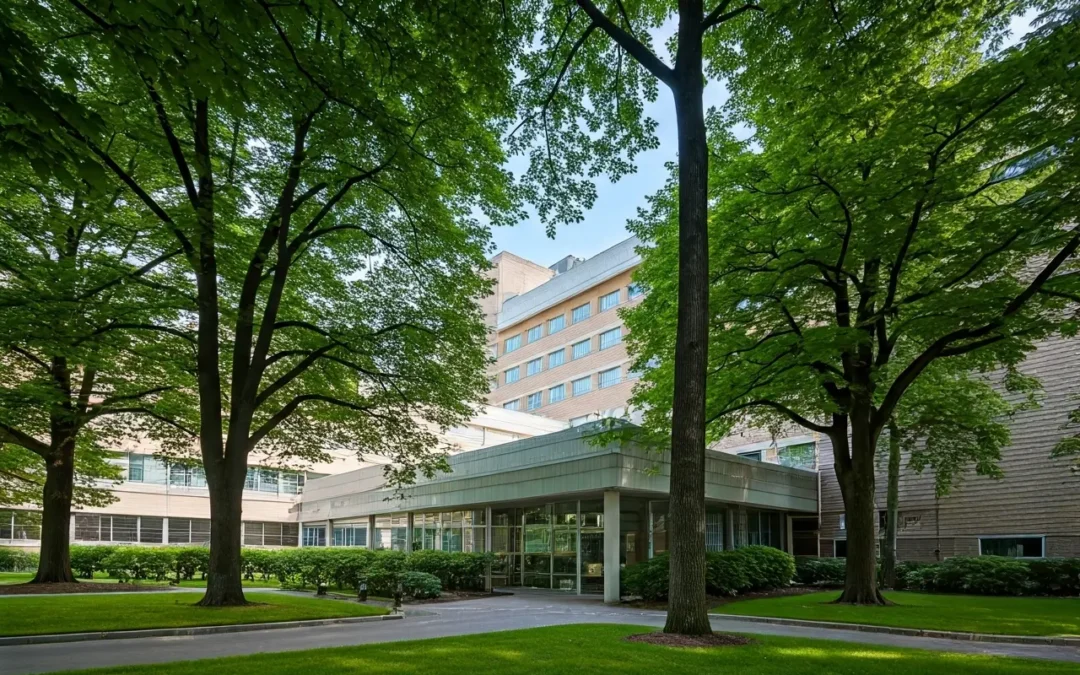Prescription addiction can feel overwhelming, but taking the first step towards recovery is empowering. In this blog, we’ll explore how you can regain control over your life. With the right help and support, your journey to wellness can begin today. Let’s break down complex ideas into simple steps, offering support and encouragement along the way.
Table of Contents
Understanding Prescription Addiction
Prescription addiction occurs when individuals become dependent on medication that was initially prescribed for a legitimate medical reason. Understanding what prescription addiction entails is an important first step toward seeking help.
When diving deeper into the nuances of prescription addiction, it’s vital to grasp the fine line between use and misuse. Many individuals begin their journey with prescription medications due to a medical need—be it chronic pain, anxiety, or sleep disorders. However, as dependency develops, the brain’s chemistry can alter. This shift creates a complex cycle where the need to consume the medication transcends its original medicinal purpose. Analogous to opioid addiction, prescription drug dependency can deeply affect an individual’s physical and emotional wellbeing. Building awareness about how these addictions develop makes it easier to digest the information and seek timely interventions.
Breaking free from the shackles of addiction requires acknowledging the emotional facets of dependency. It isn’t merely the chemicals altering the body but also the sense of needing the medication to function daily. Understanding this dependency can pave the way for compassion and structured assistance.
Recognizing the Signs of Addiction
It’s crucial to know the signs of prescription addiction, which can include increased medication tolerance, withdrawal symptoms, and using the medication despite negative consequences. Recognizing these signs early can make a significant difference in seeking timely help.
The shift from usage to dependency is often subtle and can sometimes be mistaken for regular behavioral changes. Initial signs might include increasing dosages to achieve the same effect, often because the body’s natural tolerance has heightened. Such actions, albeit subtle in the beginning, eventually lead to withdrawal symptoms like anxiety, irritability, and disturbances in sleep patterns. These symptoms hint at the body’s call for intervention. By understanding the spectrum of these signs, anyone can better intervene and offer timely help, ensuring those affected aren’t isolated in their struggles.
One can’t overstate the importance of early detection in the trajectory of prescription addiction. While some may overlook decreased social interactions or a drop in work performance as signs of stress, they might actually indicate a deeper struggle with addiction. By focusing on behavioral patterns and seeking expert consultations, individuals can better equip themselves to challenge addiction head-on. Gaining an understanding and recognizing these symptoms preventively leads to better outcomes.
Seeking Professional Help
Professional help is vital in the journey to recovery. Various treatment options are available, including therapy, support groups, and medical detox. Finding the right professional level of care that suits your needs can pave the way for a successful recovery.
Embarking on the road to recovery is deeply personal, and every person’s journey is unique. Engaging with professionals offers tailored treatment plans, which ensure one’s needs are prioritized. For some, this might involve engaging in cognitive behavioral therapy, while others might benefit from joining a community support group. Such groups provide a sense of belonging and validation in shared experiences. Enlisting the assistance of a trusted professional not only ensures safety during the detox phase but also provides structured guidance and support throughout the healing process.
Furthermore, the benefits of seeking expert advice extend beyond individual healing. With an empathetic ear, professionals provide a holistic approach—addressing both physical symptoms and emotional causes of dependency. This interconnected strategy accelerates recovery, fostering healthier coping mechanisms and ensuring that individuals don’t face the path alone. As emphasized by addiction specialists, access to knowledgeable care can make the difference between lifelong recovery and relapse. This emphasizes the importance of finding resources that align not only with one’s challenges but also with their aspirations for the future.
Building a Support Network
Having a strong support network of family, friends, and support groups can make the journey easier. Connecting with others who have faced similar challenges can provide encouragement, support, and accountability.
While tackling any form of addiction, emotional support cannot be understated. The strength derived from loved ones acts as an anchor during turbulent times. They provide unwavering patience and understanding, offering shoulders to lean on through both celebrations and setbacks. A united support system means that recovery isn’t just a personal journey but a communal commitment. Through shared experiences and open discussions, those affected by addiction garner strength, enabling them to embrace change and thrive on the path to recovery.
Beyond familial circles, finding a tribe of people who understand the path you’re walking is indispensable. This collective of individuals can serve as a powerful motivational source, providing empathy and encouragement. From shared stories of triumphs to tackling relapses, these interactions assure members that they’re understood and supported comprehensively. Platforms like support networks do more than just assist; they enrich recovery experiences, fortifying defenses against potential relapses and providing ample reassurance as challenges arise.
Creating a Relapse Prevention Plan
A relapse prevention plan is a proactive approach to maintaining recovery. Identifying triggers, learning coping strategies, and having a plan in place for challenging situations can help maintain long-term sobriety.
The unpredictability of life demands resilience and forward-thinking strategies in recovery plans. Establishing a keen understanding of personal triggers—be it stress, specific environments, or emotional upheavals—empowers individuals to navigate these setbacks adeptly. A well-rounded prevention plan includes varied coping mechanisms rooted in mindfulness, physical activity, and constructive hobbies. These strategies replace old habits, bolstering defenses against potential relapse. Crafting such a plan highlights the importance of foresight in recovery, assuring individuals that they’re equipped to handle adversity.
Moreover, relapses aren’t setbacks but learning opportunities that can offer insights into one’s emotional and psychological needs. Addressing these needs through a structured plan ensures preparedness, building confidence in one’s ability to maintain a healthy lifestyle. Recovery is a journey defined not by the absence of challenges but by the strength to overcome them—each step reinforcing commitment, resilience, and a transformative path to wellness.
Your Journey to Recovery is Within Reach
Overcoming prescription addiction is a journey that requires strength, patience, and support. Remember, you are not alone. There are resources and people ready to assist you. By taking it one day at a time, you can regain control and move towards a healthier, happier future. Empower yourself with knowledge, and take the steps to change your life today.











